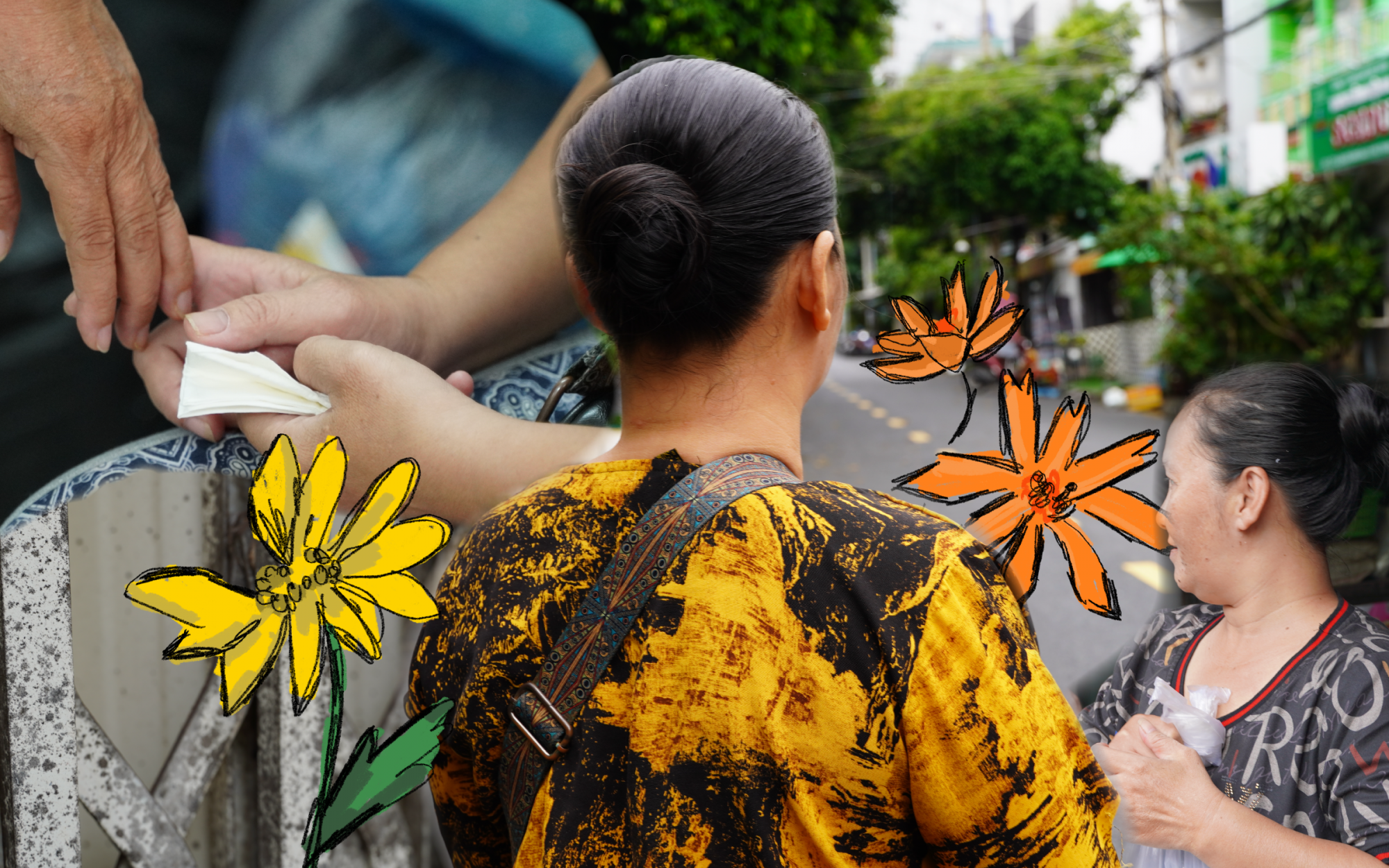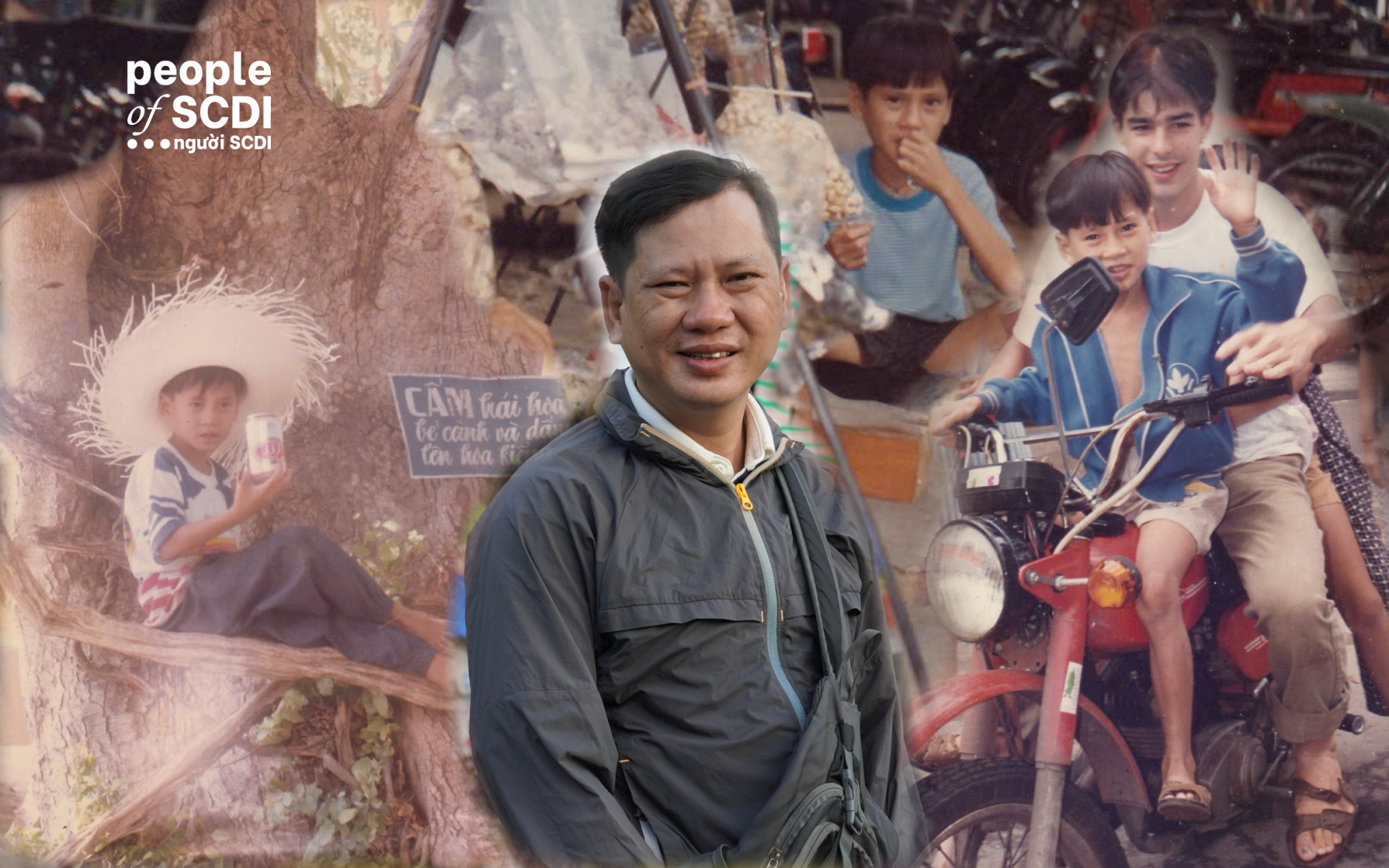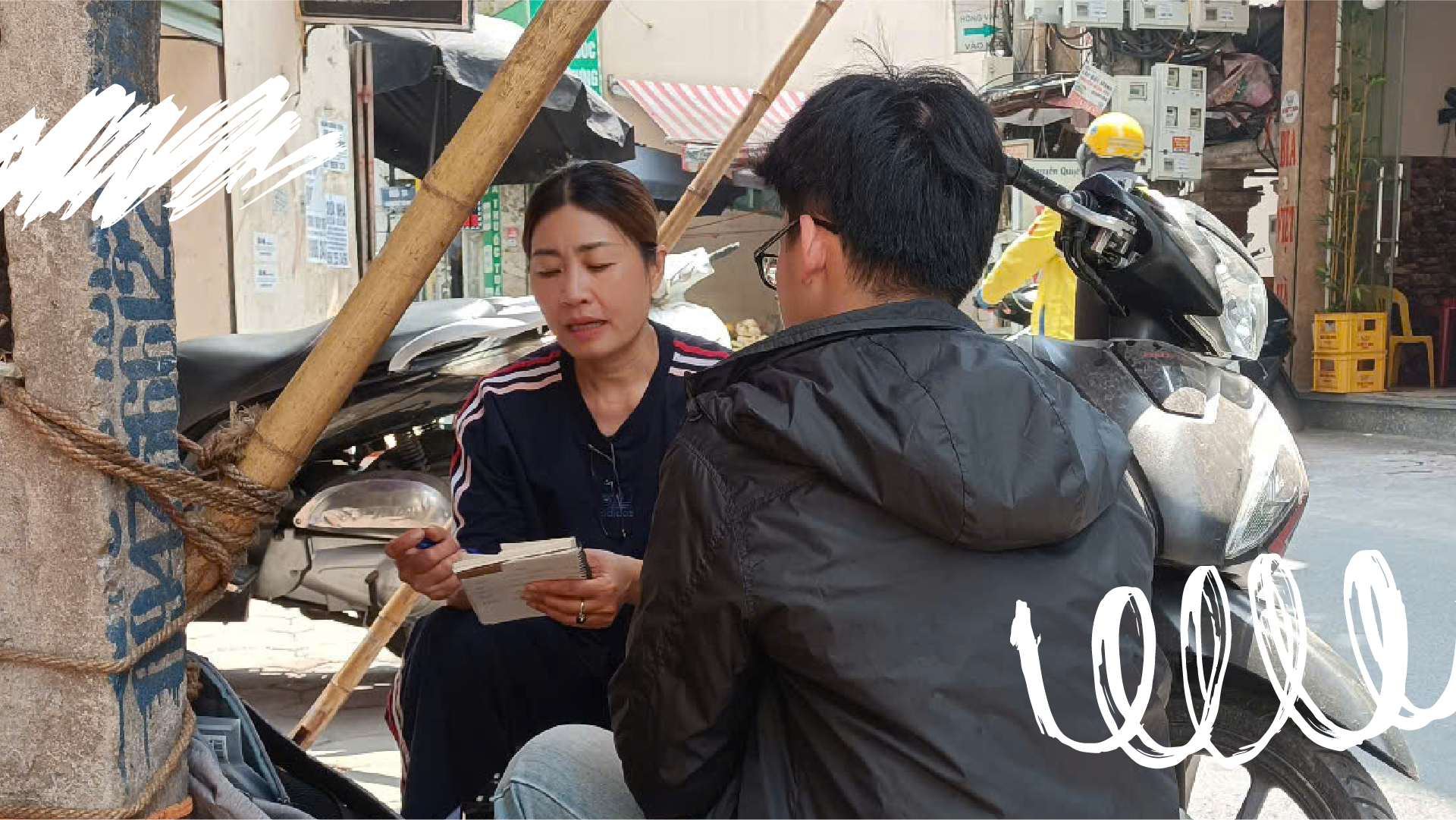It was a big deal. But I was not entirely happy
When I passed the entrance exam to medical school, it was big news in my high-school in the countryside of Vietnam in 1987. Among around 500 students of the school taking the exam that year, only 5 admitted to a university. I was the only one got to medical school. It was a big deal.
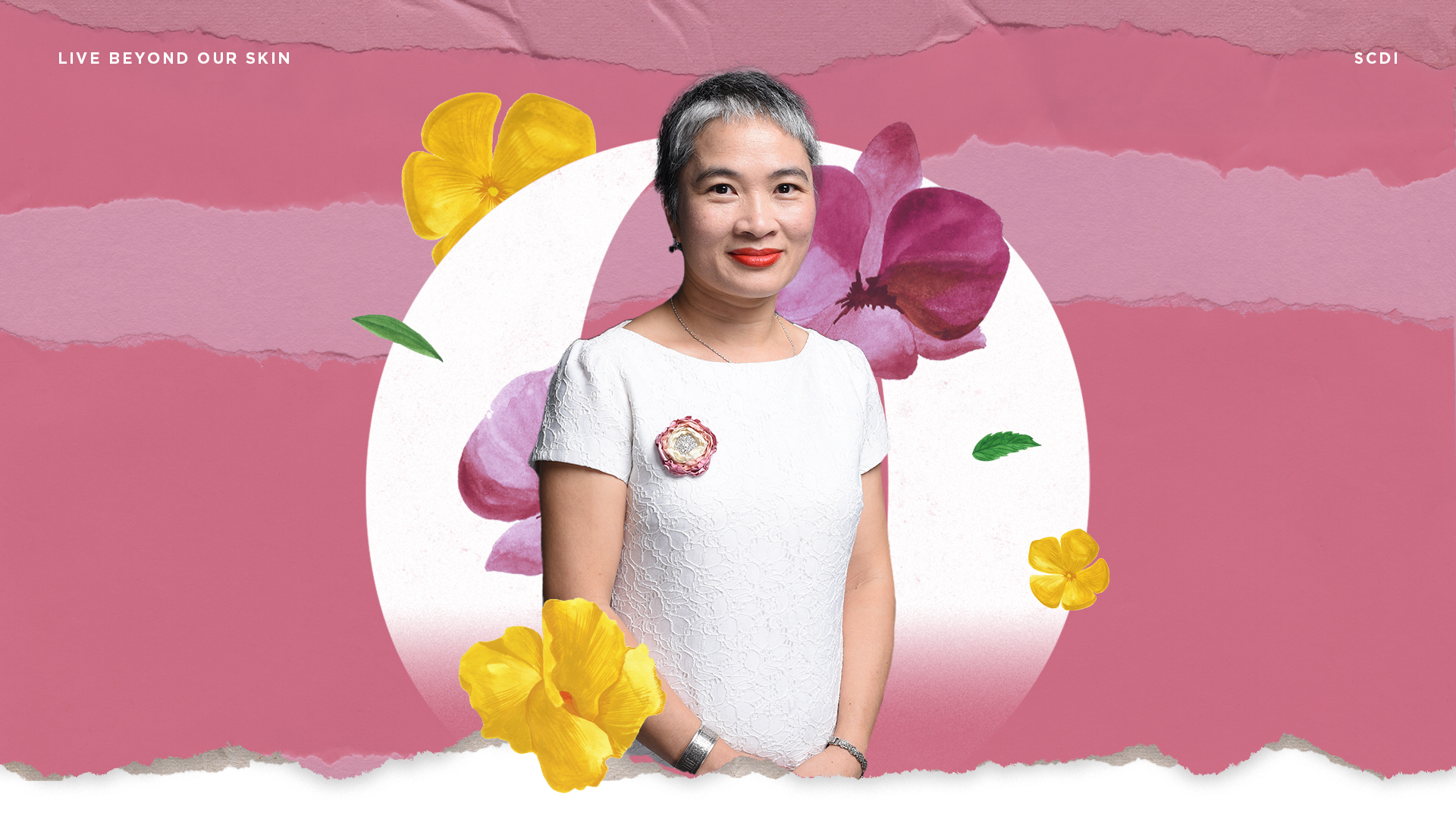
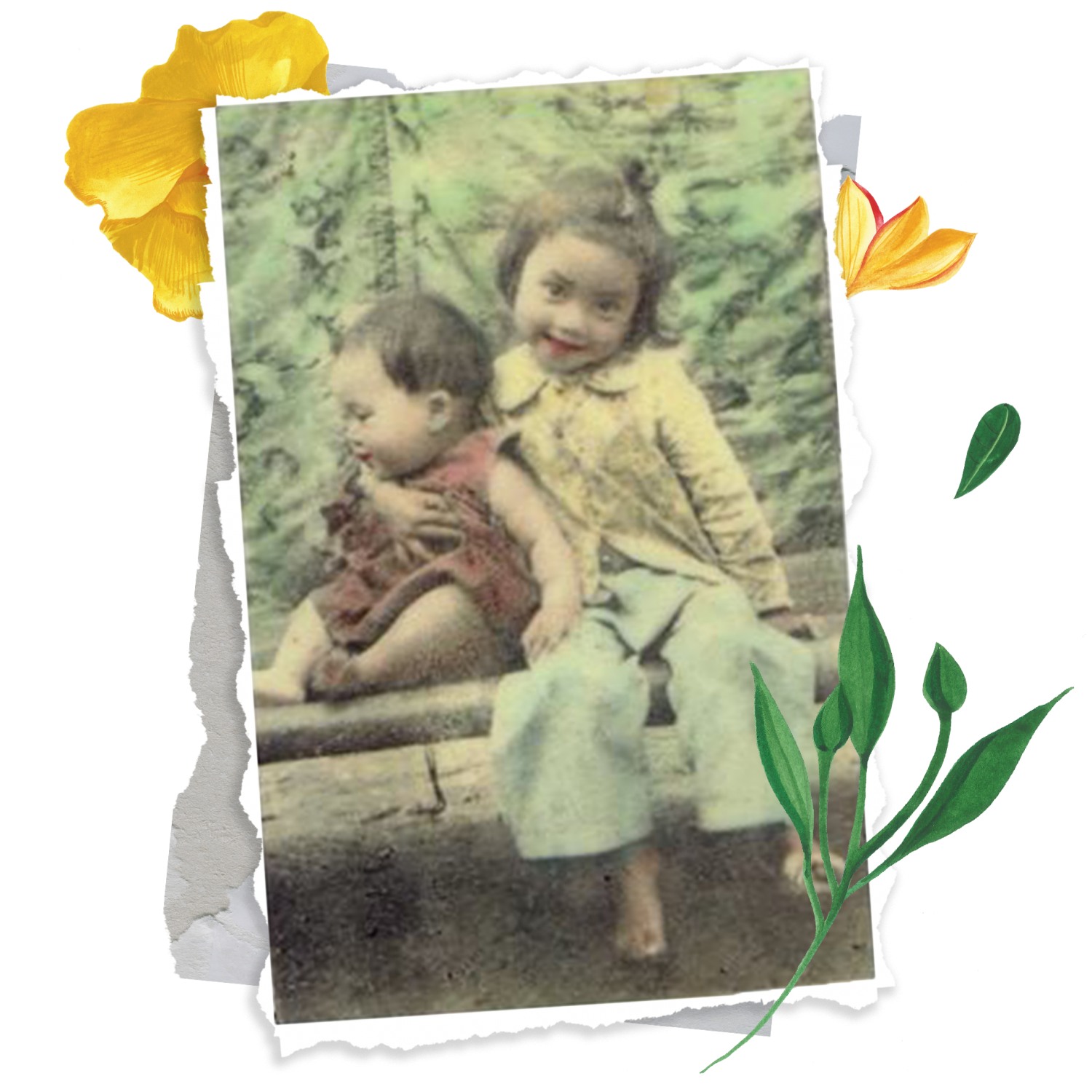
The man in this picture is my father. He is a military general, he was honored as a National Armed-Force Hero. In this picture, he was burning incense for his comrades, who lost their lives in our central highland during the Vietnam War.
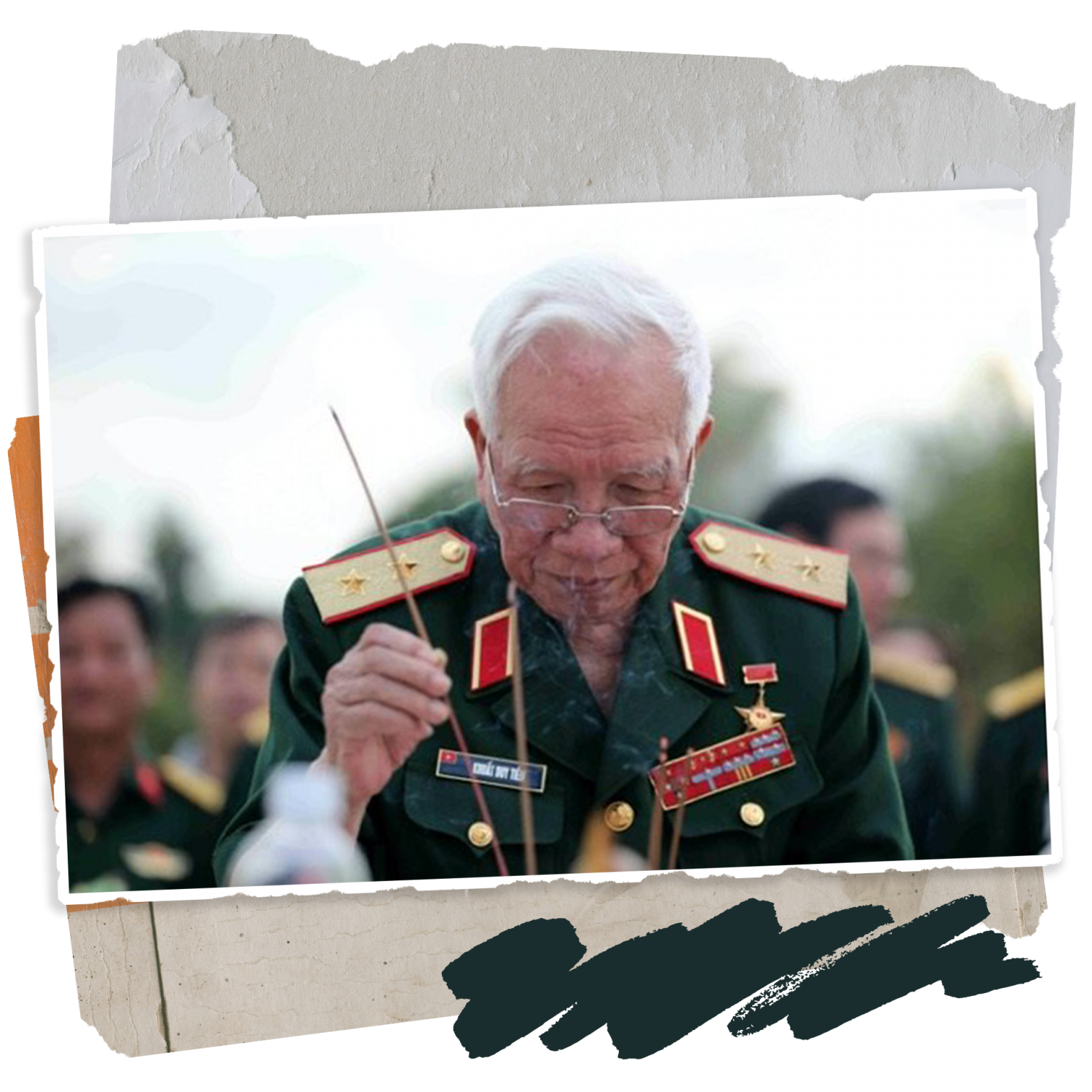
I forever have my mother to thank, for making me studying medicine. It is a combination of sciences and humanity and art. I enjoyed studying, I enjoyed practicing. I loved patients and I can’t recall a patient who was bad to me. For four years after my medical graduation, I worked in the hospital in the morning with patients, and in medical school in the afternoon on epidemiological methodology and public health when I was involved in some community health projects using the public health approach. Working on both sides, I could not help but made the comparison – as a doctor, I took care of patients one-by-one, if I implement a public health program, hundreds of thousands or millions of people can benefit, it can eventually lead to impacts on the population. I upset my parents big time when I decided to leave the hospital to become a health program officer for an NGO.
“I upset my parents big time...”
My first project was on primary health care in H’mong very remote border villages where there was no latrine, no clean water, couples didn’t use contraception, women never left their villages, maternal and child mortalities were high, children were not vaccinated. I learned health education and communication, planning, reporting, local politics, local culture,… but the most important competency I learned was the participatory approach – to have a discussion with the local authority and village chiefs and heads of households, but also to empower women so that they dared to speak and had their view taken into account.
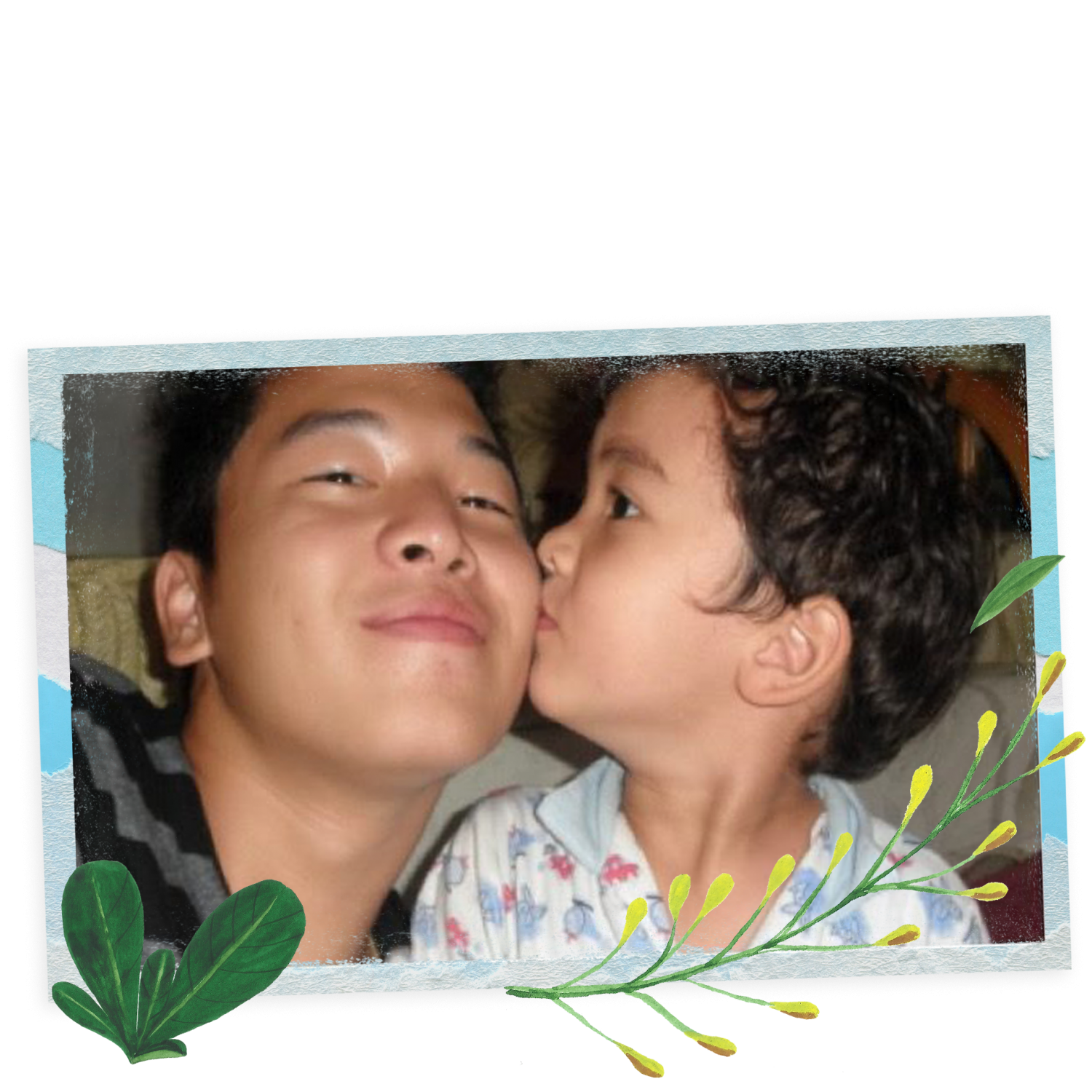
As parents, many of us have the worry that our children one day will try drugs. As a doctor, I know it is not the drug per se that I should worry about, it is the consequences of irrelevant drug-related policies that made me worried. Our children may get HIV or hepatitis C because harm reduction services are not in place, they may have an overdose without being rescued, maybe incarcerated just because they are tested positive to drugs. Their future, event their lives can be taken away just because right policies are not in place, or wrong policies triumph. I was working on HIV when I encountered drug-related policies. In the past, over 80% of people living with HIV in my country infected because harm reduction services were considered illegal. Many many people who use drugs died at a young age, either because of AIDS or because of overdose. They are all preventable. The majority of them were detained, again and again, live in stigma and discrimination. My colleagues and I joined many others to work on drug-related policy, after attending the International Harm Reduction Conference in Chiangmai in 2003. Our country legalized harm reduction in 2006. This graph shows prevalence of HIV among people who inject drugs drops from around 30% to less than 10% in less than 10 years. This is the power of a good policy.
- Ralph Waldo Emerson
When I was 25, I was hospitalized for an illness similar to the one that had taken away my sister. It is a rare autoimmune condition and specialists didn’t really know what to do with me. I had been a chubby, perfectly healthy girl until then. It was expected that I would die, like my sister. Lying in the hospital bed as my parents were called to meet the hospital director, knowing what he was supposed to tell my parents, I was not scared of the death, but I realized one thing – unless we are useful to other people – the fact that we exist on earth or not has little meaning. We try to earn more money, eat better food, wear prettier clothes, live in a nicer place, but then what, we will die one day anyway. I wanted to be able to think before my last breath that my life has been useful for somebody in some way. Probably because I had not been really useful until that moment in the hospital bed, the Death didn’t want to take me away. “Live beyond our skin” since then become my guiding principle. Recently I read that in her high school graduation speech Melinda Gates cited a poem by Ralph Emerson that: “To know even one life has breathed easier because you have lived. This is to have succeeded.”
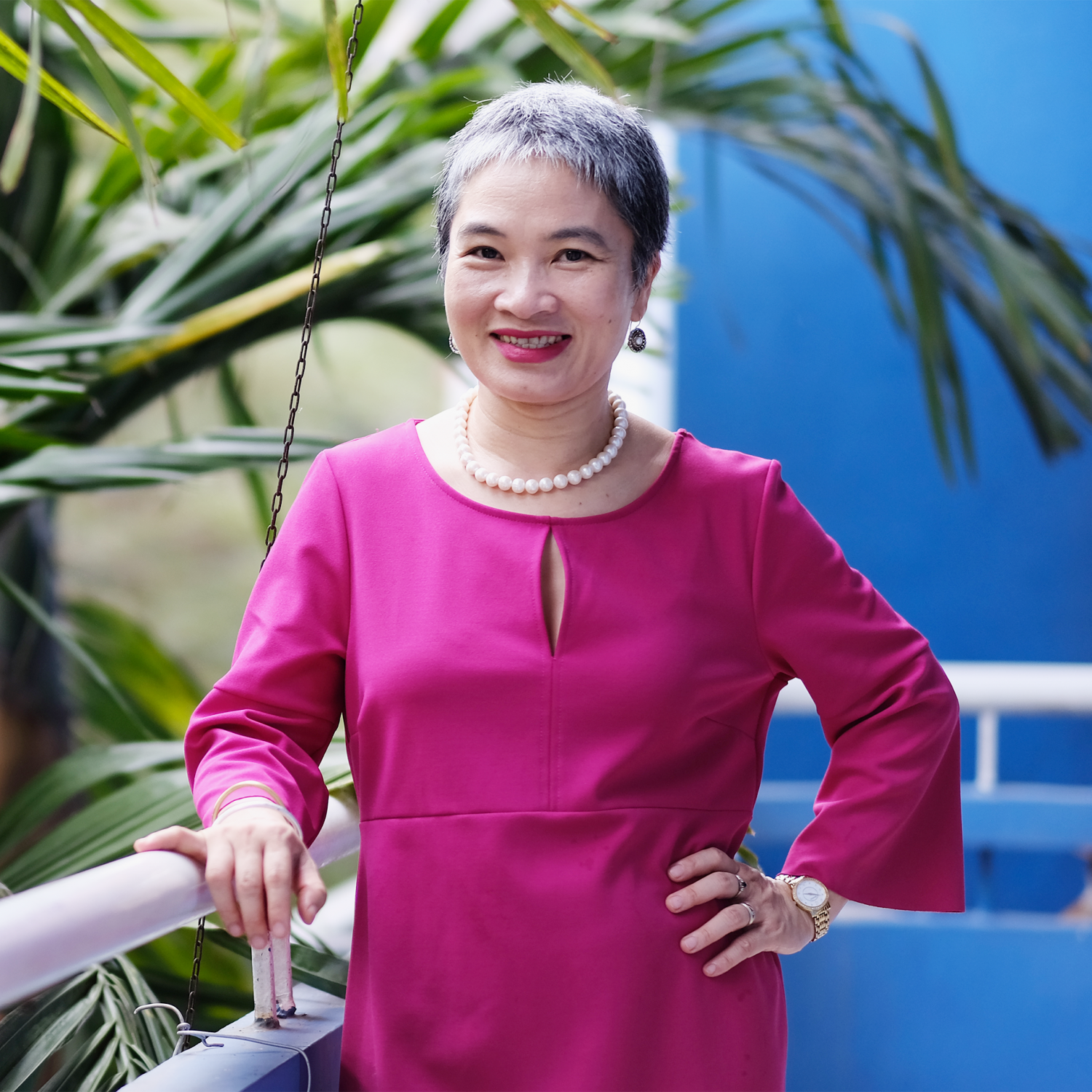
Being an Asian woman, growing up in a communist country, a developing country, I was taught to be timid, to obey, to have no ambition. I used to think that I am nobody and that an individual can’t make any change. My dream was to marry a handsome gentleman, who takes good care of me and my beautiful children. When my first marriage felt apart, I was full of self-stigma, I was a complete loser. Until I met the man who later became my husband. He is a doctor, European, white, worked for the World Health Organization. He was a world from me. We used to see white expat as a lot superior than us and everything they say or do are a lot better than us. But working with him in a project, having him expressing his appreciation of my work, my experience, and knowing more about him and other expat made me realize that I am not so bad. There are things I even know better than he does, and there are things I can learn to catch up with him. I become more confident and started to be more ambitious. Legalizing harm reduction in Vietnam was my first ambitious project.
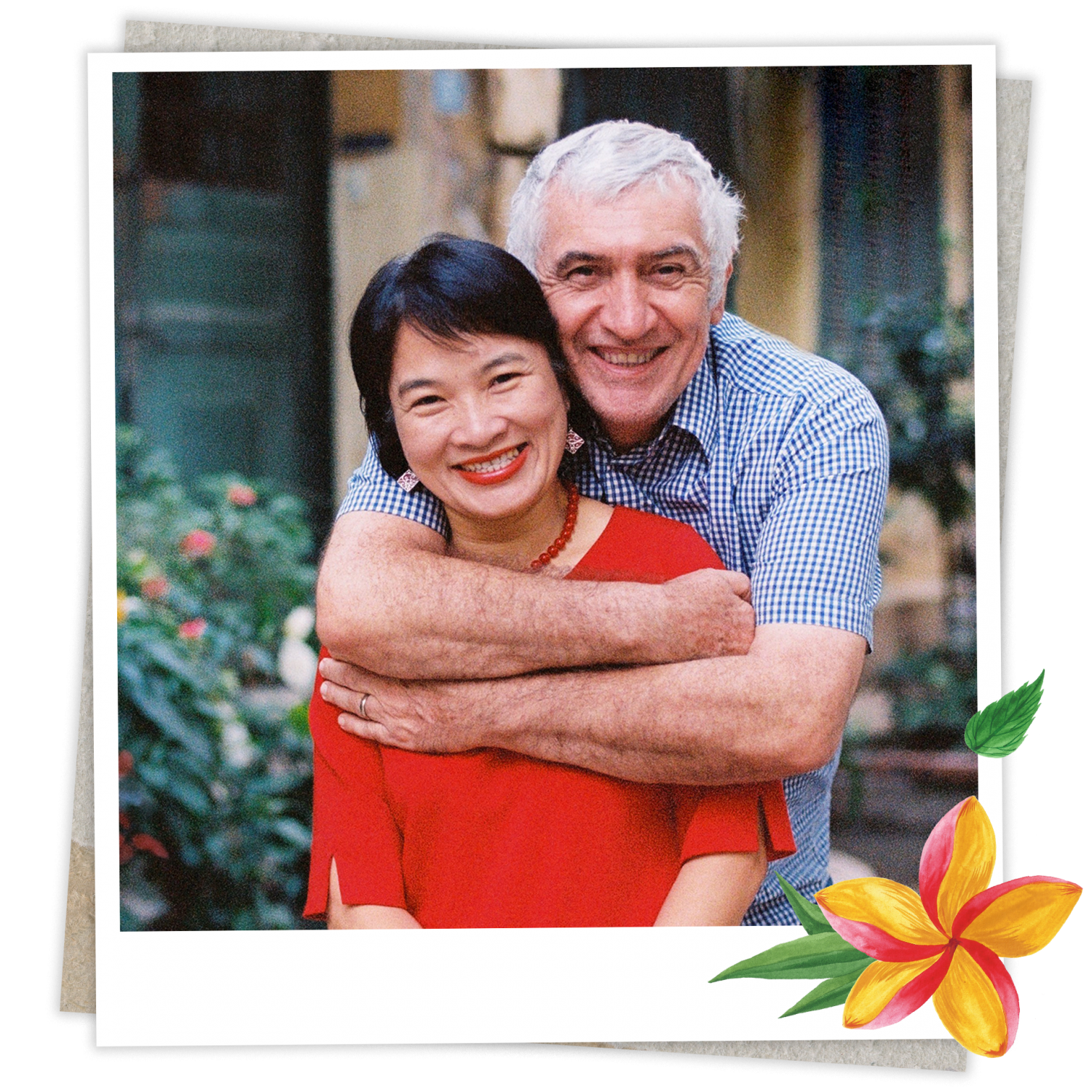
In 2012, I was elected Chair of the Council of APCASO – a regional network of civil society organizations working on HIV, health and human rights. It was an accident, and I thought it would just be symbolic. I didn’t do much and I didn’t think I could really contribute. Until a year later, the organization was in crisis, almost bankrupted. I had no choice but took my responsibility seriously, discussed with my council and board, made drastic decisions including appointing a new Executive Director, moved the office from Kuala Lumpur to Bangkok, and worked hard to resuscitate the organization. Now we are doing very well institutionally, financially and programmatically, being a trusted partners, and making impacts at country, regional and global level.
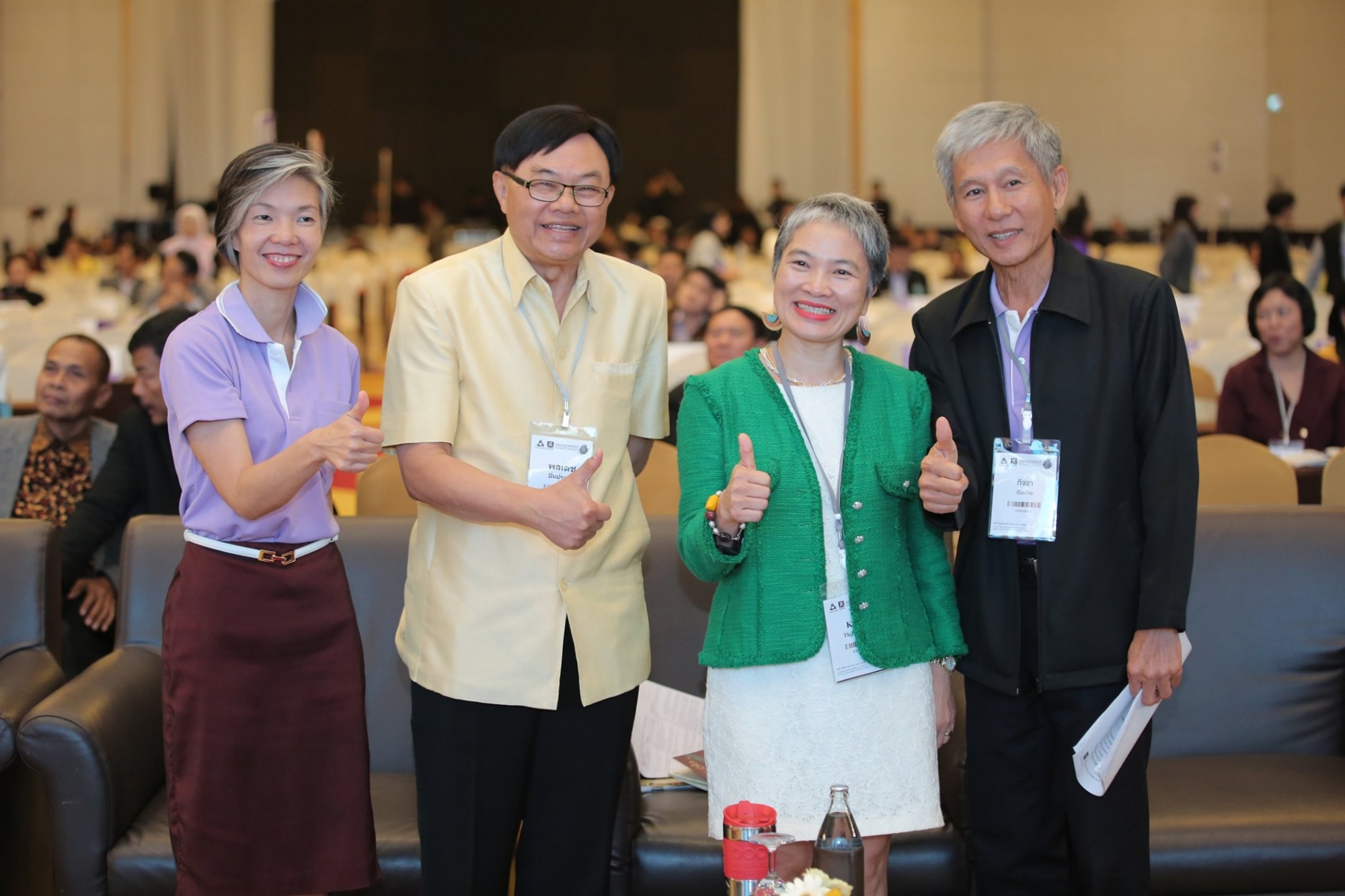
In 2017, I was selected to represent civil society from the Global South in the Steering Committee of UHC2030 – the global platform on UHC that Thailand is also a member, and also become a member of the Advisory Group of the Civil Society Engagement Mechanism for UHC2030 (CSEM), which now has over 1,000 members from over 100 countries. It can be overwhelming. But I have learned to be true to myself, contribute with knowledge, skills, experiences, perspective of me – being Asian, woman, mother, grandmother, with experience of being divorced, doctor, local NGO, regional NGO, and the learnings I have made from thousands of marginalized people whose lives I have the opportunity to touch. The agenda I consider “personal” to me in this role is “Leave no one behind”. I led the effort of CSEM to prepare the commentary to the Global Monitoring Report on UHC, and presented it at the launch of the Global Monitoring Report on UHC. Dr. Suwit Wibulpolprasert – a global champion on UHC also spoke at the event. I invite you to read it as an example of how we fight for Health for All at a global level.
One thing I have learned after all those years is that nobody is too small or too weak. And we should not take “impossible” for the answer. For the last 9 years, we have tried several times to have a policy on opioid overdose rescue using Naloxone without success. But we could not sit and see people die. We organize a community overdose program where former drug users are trained to use Naloxone to save lives from a heroin overdose. Here are the pictures of Hiep – a person with a disability who was addicted to heroin since the age of 17, was locked up a few times. The last time he was sent home was to die, because he was HIV+ and had untreated pulmonary TB. He is now on ARV and methadone. For the last 6 years, he has saved almost 500 people from overdose death. And he has found the love of his life.

When I got the invitation to attend and speak at your National Health Assembly this year, I couldn’t believe in my eyes. I have been for a long time – an admirer of Thailand for what you do for your people’s health – starting with your universal HIV treatment program almost 20 years ago, and then your UHC. I was very impressed and delighted that Thailand took the leadership role in organizing the first-ever United National High-Level Meeting on UHC in September this year, resulted in an ambitious and inclusive political declaration. I am very proud! My husband used to say I am nationalistic. Now he should say I am regionalistic. Thailand – a developing country in my region – is leading the world in one of the most important endeavors for humankind. You make me proud. You inspire countries in the region and around the world. Thank you!
I have learned another thing – the power of togetherness – everybody has something to contribute, and together we are stronger. I have learned that in my work and my life, and I learn it here, at this NHA, the triangle that moves mountain. Every generation, every era has its own challenge. We are living in a disruptive world but as long as we put our minds and energy together, we are connected in our hearts, we can overcome any challenge. To the end of the day, happiness is not really about comfort. It is about the feeling of being loved, of being cared for, of being together, isn’t it?
I have had a few dreams, and I just have one more – a dream of NHA in my country and many other countries in the world. I am aware that it is a big dream. But if we want a dream to come true, we first need to dream, do you agree?
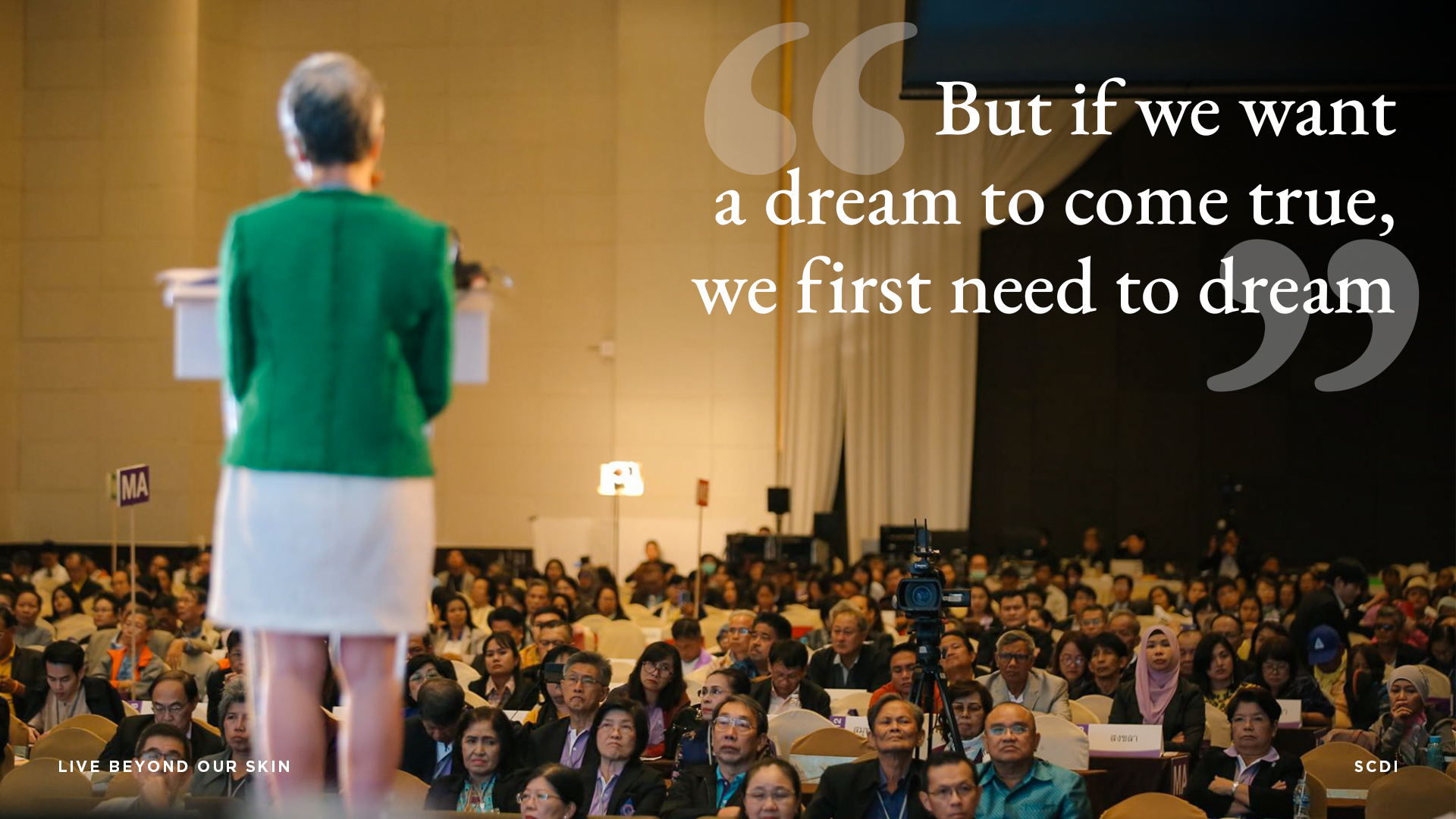
Base on the presentation of Dr. Khuất Thị Hải Oanh at Thailand National Health Assembly, 2020

